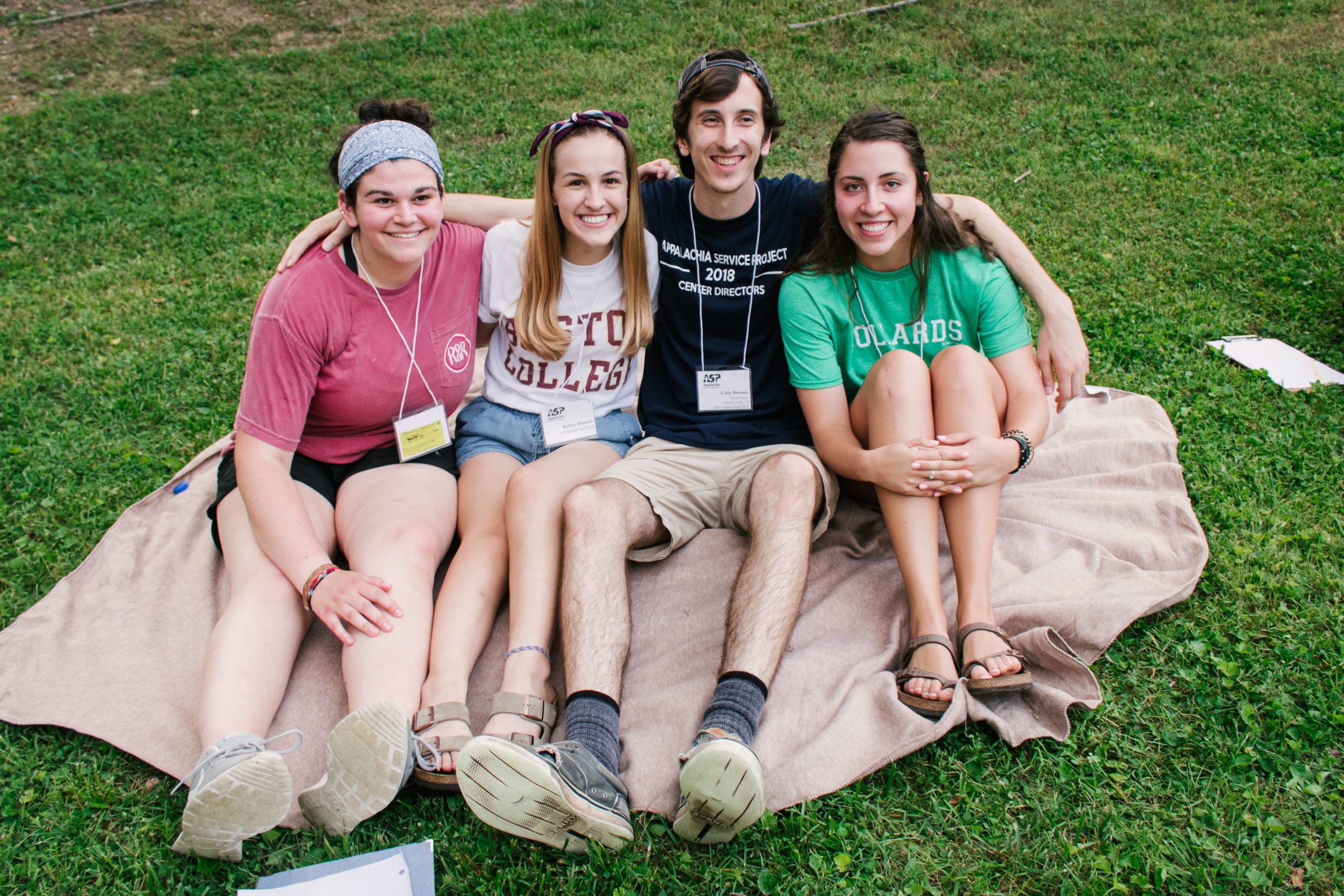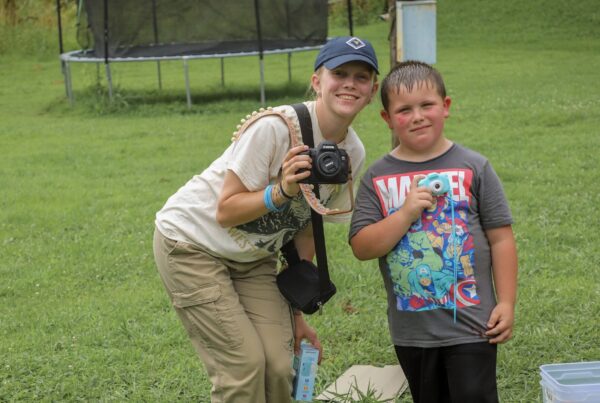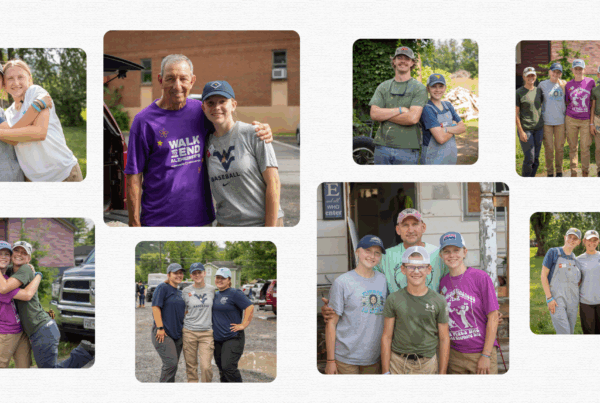I graduated from college in April, and I spent a few weeks at home before I began my summer with ASP. I grew up in the Chicago suburbs. As I spent a few weeks at home, a few weeks of my dad’s good coffee, my mom’s grocery shopping, jam sessions with my sister, and quiet mornings with my dog, I found myself wishing I could move home. For me, home is a place of honesty, love, and genuine relationships. Home is place where we can take our shoes off at the door, stay at the table after we have finished eating, and share space in a room without feeling the need to talk. I am thankful for my home in Glen Ellyn, and while I have chosen to find other homes in Indiana, Appalachia, and soon, Boston, leaving home is not the right choice for everyone.
This summer, I keep running into the question of why people choose to stay in Appalachia – why they choose to stay in impoverished counties and homes that need repair. Throughout the past year, the podcast “Inside Appalachia” published a series called “The Struggle to Stay.” In this series, they followed the lives of several young people as they decided whether to stay at home in rural Appalachia or leave in hopes of finding a better life somewhere else. Based on the stories I heard in this podcast, when I was first asked why Appalachian people chose to stay in the region, I fumbled through an answer suggesting that they stay because of family ties. While I think my first answer contained some strands of truth, I realized I could provide a more honest depiction if I asked some folks why they have chosen to stay in Appalachia.
In Kanawha County, West Virginia, I met a man named Jim. Jim and I spent a few hours in his living room talking about love, peanut butter and pickle sandwiches, drag car races, and how long he had waited for someone to answer his need for home repair. When he first moved into the home, there was no carpet on the floors and no doors for any bedroom. He chuckled as he admitted to lining the floors in his home with rugs from Family Dollar and hanging sheets in the doorways to give his daughters privacy. Jim told me stories about the various struggles he has encountered, but regardless of the struggles, his home has always been a constant – he has always managed to keep his home and return to it.
When I first asked Frank, a man from Clay County, West Virginia, why he chooses to stay in the area, he put his hands on his hips, looked around his property, and said that he stays because he can pee in the front yard whenever he wants. He asked me if that was a good enough reason, a small smile curling out from beneath his mustache, and went on to answer again. He went on to say that he stayed because every time he leaves home, he can’t wait until he can go back. He doesn’t want to spend his life wishing he was home.
In early spring, I asked my dad when he first knew that he loved my mom. He talked about how he drove her home from college and thought her big glasses were cute, but he said that when he wasn’t with her, he missed her, and he knew he didn’t want to spend his life missing her. While my dad is talking about my mom and Frank is talking about his home, their love seems to come from a similar place. My dad cannot imagine a life without my mom. Frank, an elderly man who recently lost his wife, cannot imagine a life without his home, and I think the strength of Frank’s desire to be at home is a testament to the power of place, to the power of home.
It is easy to come to Appalachia and question why people choose to stay in an impoverished place. It is easy to suggest moving to a city or buying a new mobile home, but it can be hard to accept that Appalachia is home for many people. Just as my dad’s coffee and my sister’s singing are comfortable for me, the stillness of sitting on a front porch in a holler or the ability to pee in the front yard are a source of comfort for others.
People may choose to stay because their home is a constant, their home is their favorite thing to return to, their home allows for a slow-pace life, their home is a place they love. It is easy to look at Appalachia and see the struggles of staying, but I encourage you to look past that to see the beauty of staying – to see the beauty of calling Appalachia home.

Jamie Tews is the Advancement Storytelling Intern this summer writing a weekly blog series titled “This Must Be The Place.” Prior to this summer, she was on staff in Breathitt County, Kentucky in 2016, Leslie County, Kentucky in 2017, and roamed around Appalachia as a staff liaison in 2018. She just graduated from Indiana Wesleyan University with a Bachelor’s degree in English and Writing, and she has plans to pursue an MFA in creative writing.




